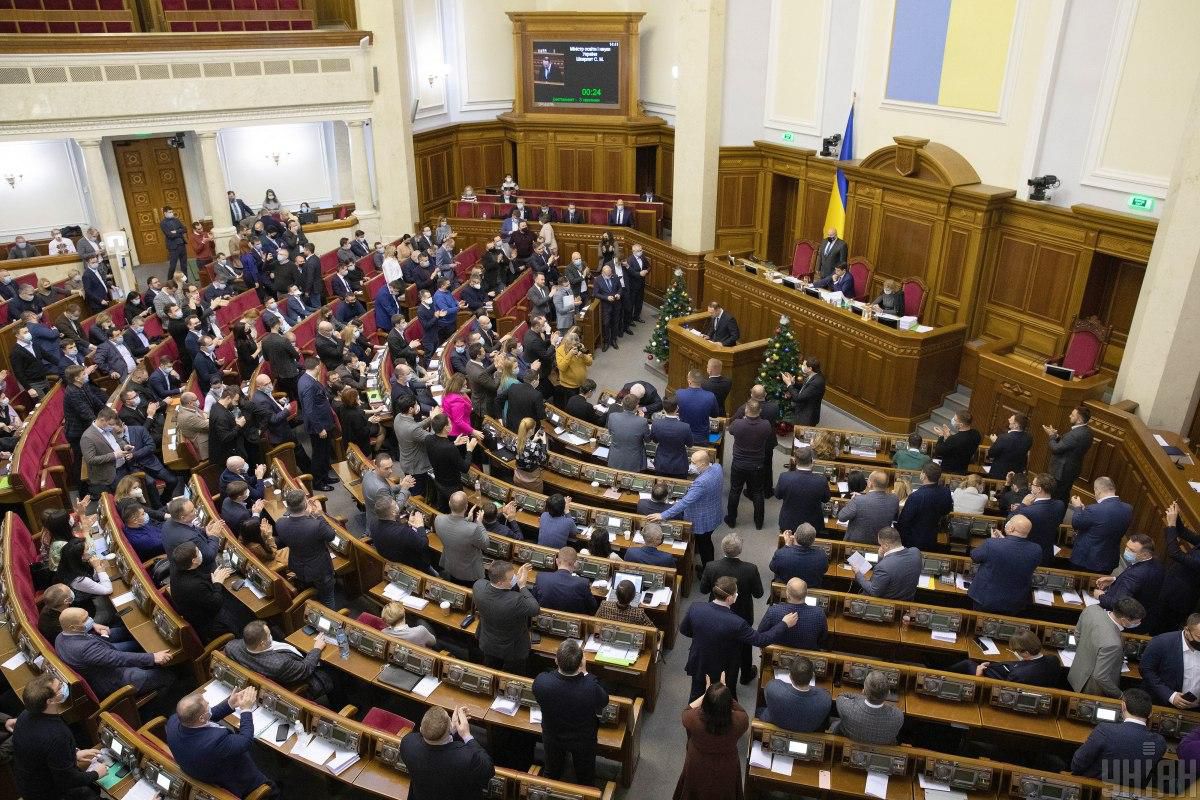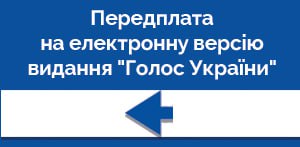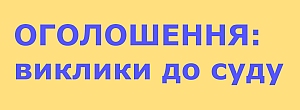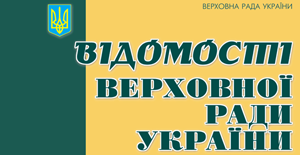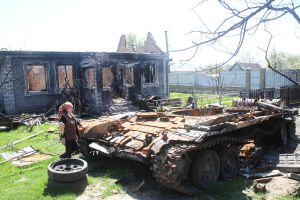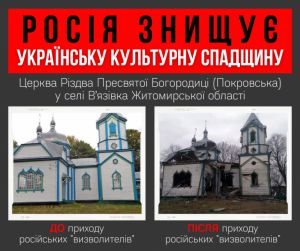The draft law establishes the procedure for the expression of people’s will and specifies subjects that can or cannot be raised by a plebiscite. The draft law submitted by President Volodymyr Zelenskyy was supported by 225 deputies.
In accordance with the presidential document, at the plebiscite, citizens will be able to make decisions on issues of national importance, such as: amendments to the Constitution: Part 1 (General Provisions), Part III (Elections. Referendum), Part XIII (Changes to the Constitution of Ukraine); changing the boundaries of the country's territory and the abolishment of particular legal norms or laws in general.
It is forbidden to raise questions at a referendum that contradict the Constitution of Ukraine, generally accepted principles and international norms (in particular, the Universal Declaration of Human Rights and the 1950 Convention). Also, issues that may violate the sovereignty and territorial integrity of the country, pose a threat to its national security or incite hostilities cannot be the subject of the referendum. It is not in power to make decisions on bills dealing with issues regarding the state budget, taxes and the amnesty as well as on matters that are the jurisdiction of the police, the prosecutor’s office and the court of law.
The law on the referendum says that only one issue can be brought up for consideration of the people and the answer to this issue can be “yes” or “no”.
The document also provides for ballot voting at the all-Ukraine referendum. And the development of the appropriate procedure is entrusted with the Central Election Commission. One can also vote online – to support the relevant initiative, it is enough to use an electronic digital signature.
A referendum is considered valid if at least 50% of citizens included in the State Voter Register took part in the voting. In order to approve the result of the voting on a particular issue raised at the referendum, more than 50% of the people must support the issue. The referendum cannot be held at the same time with elections.
All citizens of Ukraine who have reached the age of 18 on the day of voting and who are not recognized legally incapable have the right to take part in the all-Ukraine referendum.
The national referendum can be called by the President, the Verkhovna Rada (Parliament) or on the popular initiative. In the latter case, the referendum is called on the demand of no less than 3 million people who have the right to vote provided that at least 100 thousand signatures have been gathered from each of the two-thirds of the administrative-territorial units.
The participation in the national referendum is voluntary. Besides, it cannot be called and held if the martial law or the state of emergency has been declared in the country or in one of its regions.
There were two national referendums in the modern Ukraine. The first was held in 1991. It was the landmark plebiscite at which the people of Ukraine demonstrated their will to live in an independent state.
The second was called by President Leonid Kuchma in the year 2000. At the time, four issues were raised: deputy immunity limitation, legislature reduction to 300 deputies, the formation of a two-house parliament and the expansion of the list of legal grounds for its dissolution. Then, voters gave positive answers to all four questions. But parliament never introduced any changes to the relevant laws having ignored the expression of the will of the Ukrainian people.
Both referendums were held in accordance with the law of the Ukrainian SSR “On the all-Ukraine and local referendums”. During the presidency of Viktor Yanukovych, a new legislation on the referendum was passed but the Constitutional Court ruled it as such that contradicted the Fundamental Law of the country. Since then, no law has been passed to establish legally the procedure of holding the all-Ukraine referendum.
Last June, President Zelenskyy submitted to Parliament a new bill on holding a national referendum. As a matter of fact, the adoption of such a law was one of the points of his presidential program. That same month, Parliament approved the bill in the first reading. However, the adoption of the law was delayed until January this year.
The newspaper Voice of Ukraine


